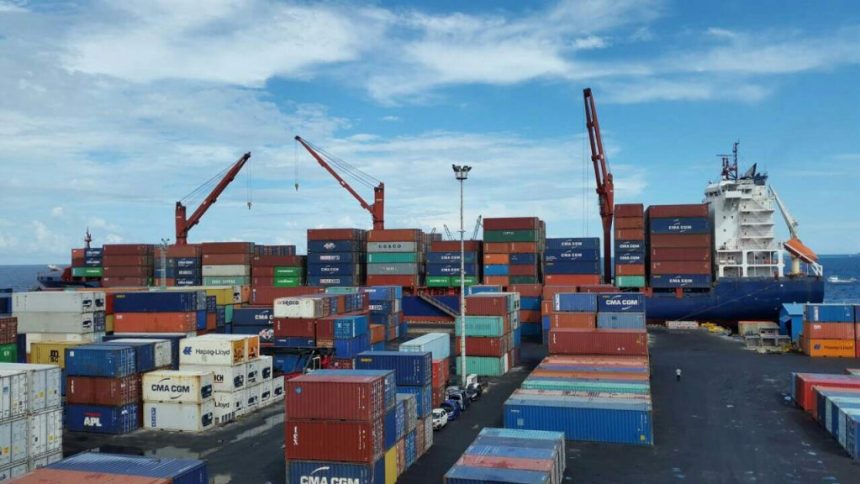The Maldivian government has recorded a 19% decline in state revenue in the first five weeks of the year compared to the same period in 2024, as per the latest weekly fiscal update released by the Ministry of Finance. However, government efforts to control expenditure have resulted in a significant 34% reduction in spending, demonstrating a strong commitment to fiscal responsibility.
Revenue Adjustments Amid Economic Policy Shifts
As of February 6, the state had generated MVR 3.36 billion in total revenue and grants, down from MVR 4.64 billion recorded during the same period last year. This represents an 18.8% decline in revenue collection.
The drop was observed across both tax and non-tax revenue streams, with tax revenue standing at MVR 3.36 billion, a 14.9% decrease from the MVR 3.95 billion collected in early 2024.
Impact of Free Trade Agreement on Import Duties
One of the biggest shifts in tax revenue comes from import duties, which saw a 64% decrease, falling from MVR 385 million in 2024 to MVR 138 million this year. The decline follows the implementation of the Maldives-China Free Trade Agreement (FTA), which removes tariffs on a range of imports, making goods more affordable for businesses and consumers.
Similarly, Business Profit Tax (BPT) revenue experienced a 23% drop, reducing from MVR 1.7 billion last year to MVR 1.3 billion this year.
On the non-tax revenue front, collections declined by 42%, with lower earnings from tourism land rent, quota fees, and the airport development fee.
Government Successfully Cuts Expenditure by 34%
Despite the decline in revenue, the government has made notable progress in expenditure control, reducing state spending by 34% compared to last year. Total government spending stood at MVR 2.48 billion, significantly lower than the MVR 3.26 billion spent during the same period in 2024.
This reduction underscores President Dr. Mohamed Muizzu’s administration’s fiscal discipline and efforts to optimize resources while ensuring economic stability.
Strategic Economic Growth and Trade Benefits
The revenue adjustment is seen as part of the broader economic transformation efforts led by the government. The reduction in import duties, a result of the FTA with China, is expected to benefit businesses, boost trade, and ease the cost of goods, ultimately strengthening consumer purchasing power.
Furthermore, with upcoming initiatives to enhance tax collection, diversify revenue streams, and promote investment, the government remains focused on ensuring long-term economic growth while maintaining financial stability.
As the administration continues to implement key reforms, the strategic approach to balancing revenue with prudent expenditure reflects a strong commitment to responsible economic management in the Maldives.




